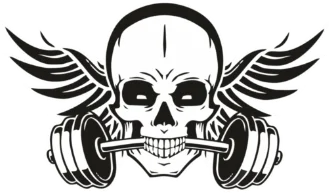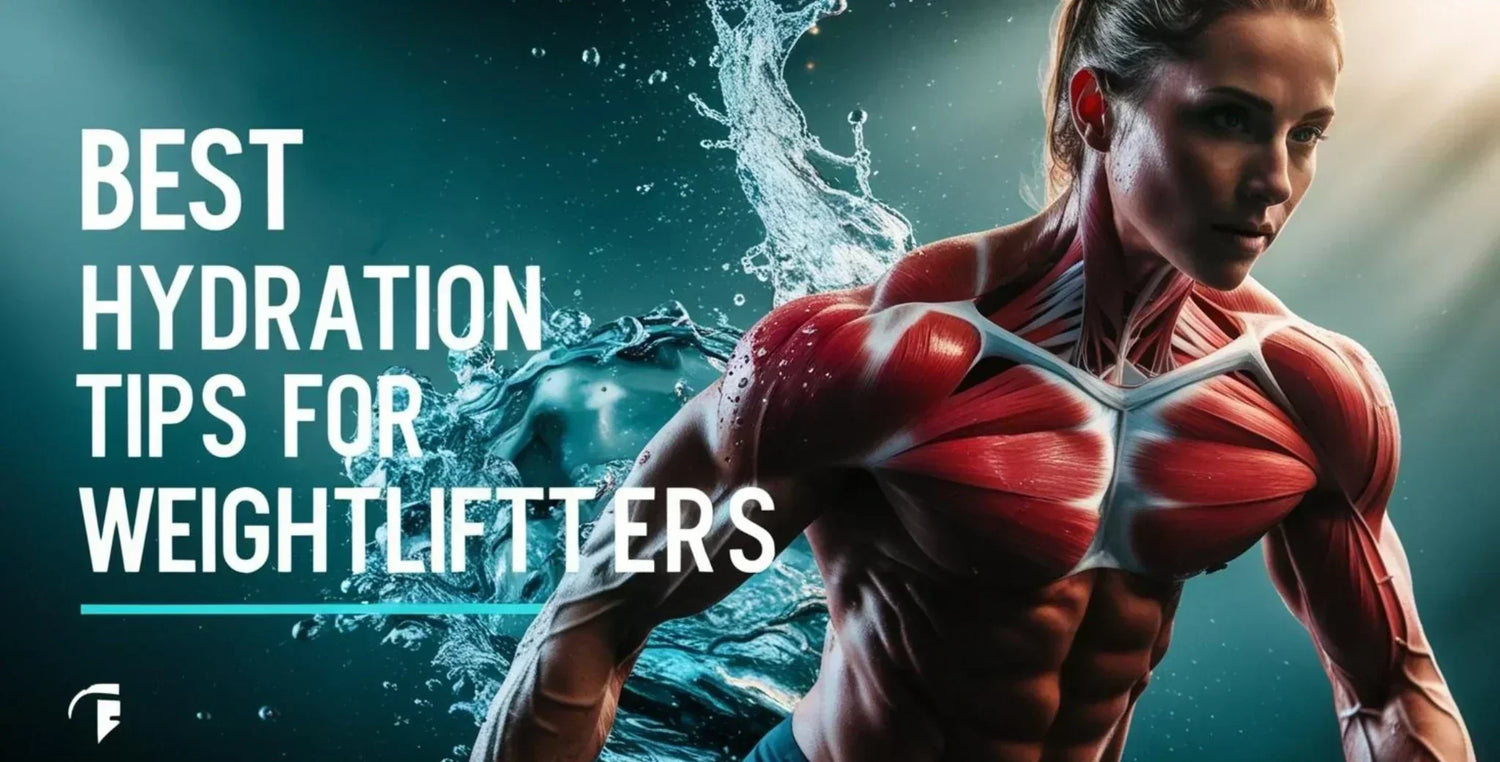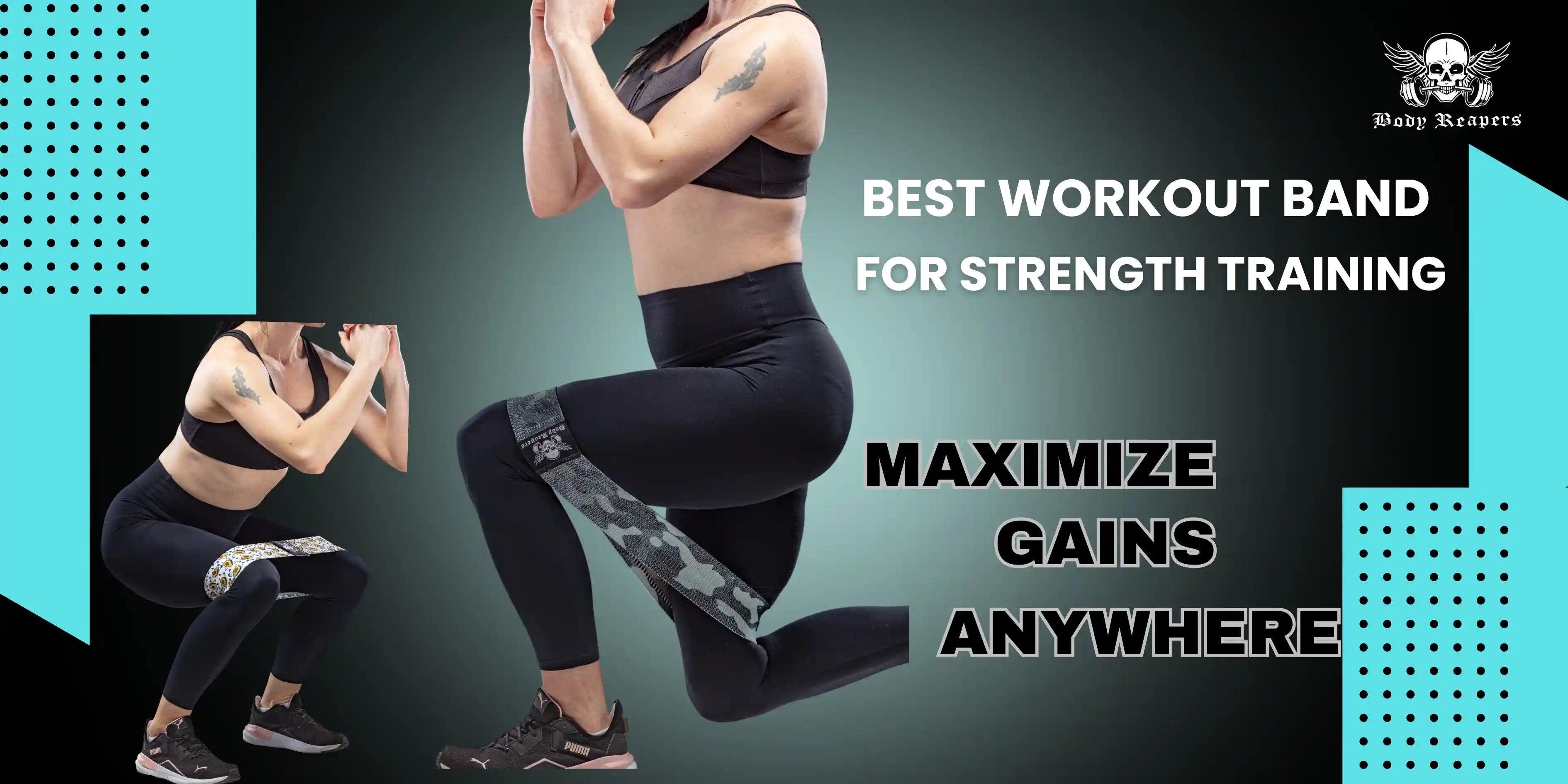When it comes to weightlifting, hydration tips for weightlifters play a crucial role in optimizing your performance and recovery. Proper hydration is often overlooked, yet it is essential for maximizing strength, endurance, and muscle repair. Whether you're just starting your lifting journey or you're an advanced lifter, staying hydrated can make a significant difference in your training results.
In this article, we’ll explore the best hydration tips for weightlifters, covering practical strategies to help you stay hydrated, perform at your peak, and recover faster. We’ll also discuss the relationship between hydration and muscle function, and provide a guide on how to incorporate hydration into your daily routine.
Why Hydration Matters for Weightlifters
Proper hydration greatly impacts weightlifting performance. Without enough water, muscle function and recovery suffer, leading to reduced strength, increased fatigue, and longer recovery times. Hydration tips for weightlifters go beyond just drinking water—they ensure every aspect of your lifting routine benefits from proper fluid intake.
Hydration and Muscle Function
Water is key to muscle tissue and muscle contraction. Dehydration can cause cramps, fatigue, and injury, which can hinder progress. Staying hydrated helps muscles perform better, allowing you to lift more and do more reps.
Studies show:
- 3% dehydration reduces strength by 10-20%.
- Muscle cramps and fatigue increase when electrolytes are low.
- Poor hydration limits glycogen storage, reducing energy for lifting.

Hydration for Weightlifting Performance
Hydration boosts your ability to exert force during lifts. Dehydration lowers power output, increases fatigue, and delays recovery. Staying hydrated keeps muscles working efficiently for better performance.
Good hydration optimizes glycogen storage, providing the energy needed for sustained strength and endurance. It helps you lift more, recover faster, and make better progress.
Best Hydration Tips for Weightlifters
1. Start Your Day with Water
The first step in ensuring you're hydrated is to start your day with a glass of water. After hours of sleep, your body needs to rehydrate. Hydration for weightlifting performance starts early—drink at least 8-10 ounces of water as soon as you wake up to jump-start your hydration levels.
2. Drink Water Throughout Your Workout
While many lifters focus on pre- and post-workout hydration, drinking water during your training session is just as important. Hydration for muscle recovery during weightlifting ensures that you have the energy to complete your sets and that your body stays fueled. Sipping water throughout your workout helps maintain fluid balance and prevents fatigue.
Tip: Aim for about 7-10 ounces every 15-20 minutes during your session.
3. Add Electrolytes to Your Water
For more intense training sessions, it’s essential to replenish lost electrolytes. Electrolytes like sodium, potassium, and magnesium help maintain fluid balance and support muscle contractions. When you sweat during heavy lifts, you lose these vital minerals.
Tip: Adding an electrolyte supplement to your water can prevent cramps, improve endurance, and help you maintain optimal performance throughout your workout.
4. Hydrate Post-Workout for Faster Recovery
After an intense workout, it's crucial to rehydrate. Drinking water post-workout not only restores lost fluids but also helps flush out toxins and lactic acid, promoting muscle recovery. Aim for 16-20 ounces of water after lifting to replenish your body's fluids and kickstart recovery.
Tip: Pair your hydration with a post-workout meal or shake to further support muscle repair.
5. Monitor Your Hydration Levels with Urine Color
One simple way to monitor hydration is by checking the color of your urine. Clear or light yellow urine indicates proper hydration, while dark yellow or amber urine signals dehydration.
Tip: Make it a habit to track your hydration throughout the day to ensure you're staying on top of your fluid intake.
6. Maintain Consistent Hydration Throughout the Day
Staying hydrated isn't just about drinking water during your workout. Make hydration part of your daily routine by sipping water consistently throughout the day. Carry a water bottle and take small sips every 15-20 minutes, even if you're not thirsty.
Tip: Setting hourly reminders to drink water can help you maintain your hydration levels, ensuring you're always prepared for your next lift.
How Hydration Affects Muscle Recovery
Hydration for muscle recovery is vital, especially after intense weightlifting sessions. Proper hydration helps flush toxins from your body, reduces muscle soreness, and aids in the repair of muscle fibers that were stressed during training. Dehydration, on the other hand, can slow down recovery and lead to longer recovery times, keeping you from reaching your goals.
Case Study on Hydration and Performance
A study published in the Journal of Strength and Conditioning Research found that athletes who maintained proper hydration during their lifting sessions had significantly higher endurance levels and reported less muscle fatigue and soreness. This study highlights the importance of hydration for weightlifting performance, showing that hydrated athletes tend to perform better and recover faster than their dehydrated counterparts.
Also Read: What to Eat Before and After Heavy Lifting: Nutrition Guide for Maximum Gains
Conclusion: Maximize Your Gains with Proper Hydration
Hydration tips for weightlifters are crucial for maximizing your lifting performance, strength, and recovery. By following these tips—starting your day with water, hydrating during your workout, adding electrolytes, and monitoring your urine color—you can ensure that your body is properly fueled for your training sessions. Staying hydrated will help you lift heavier, perform more reps, and recover faster.
If you want to take your hydration to the next level, consider exploring Body Reapers products designed to support your weightlifting journey. Visit Body Reapers for premium hydration solutions and lifting gear that complement your training.
With the right hydration strategy in place, you'll see a noticeable difference in your weightlifting performance and recovery. Stay hydrated, lift strong, and achieve your fitness goals faster.
FAQs
- How much water should I drink before a workout?
Aim to drink 8-10 ounces of water 30 minutes before your workout to ensure optimal hydration. - Can dehydration impact my strength during weightlifting?
Yes, dehydration can significantly reduce strength and endurance, making it harder to lift heavier weights or complete your sets. - What are the best hydration options during weightlifting?
Water is essential, but adding electrolytes to your water can enhance performance and reduce fatigue, especially for long training sessions. - How do I track if I’m hydrated enough?
Keep an eye on your urine color. If it's clear or light yellow, you’re hydrated. Dark urine means you need more water.





Leave a comment
This site is protected by hCaptcha and the hCaptcha Privacy Policy and Terms of Service apply.